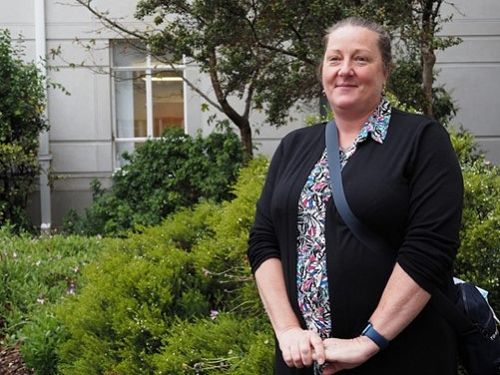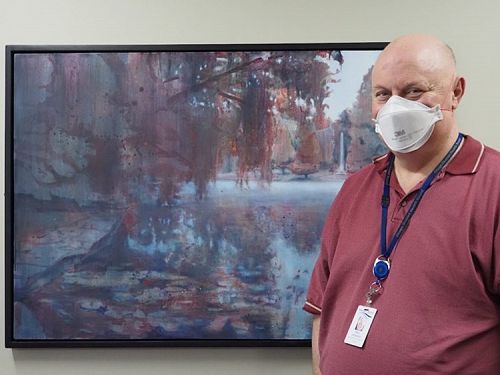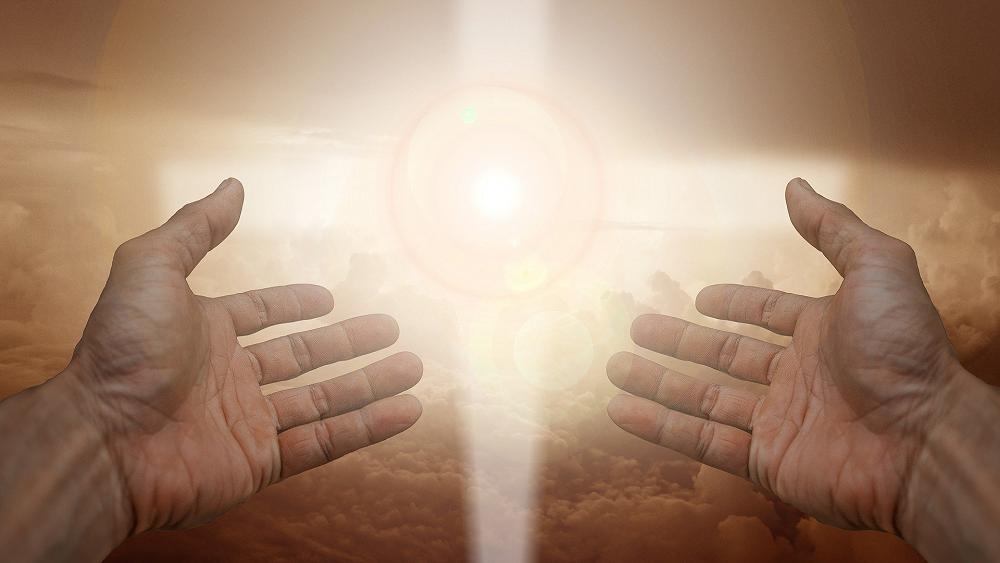
I was sick and you visited me....
Rev Vivienne Galletly Interim Lead Chaplain - Kaiawhi Wairua, Te Whatu Ora Health New Zealand - Southern has passed on an article from the Daily Encourager giving a glimpse into Hospital Chaplaincy.
Sick people are so much more than their illnesses, says one of New Zealand’s 94 hospital chaplains.
“We’re not just an injury or illness, we’re so much more than that,” says the Rev Heike Pomare, the Māori Chaplain at Dunedin and Wakari Hospitals.
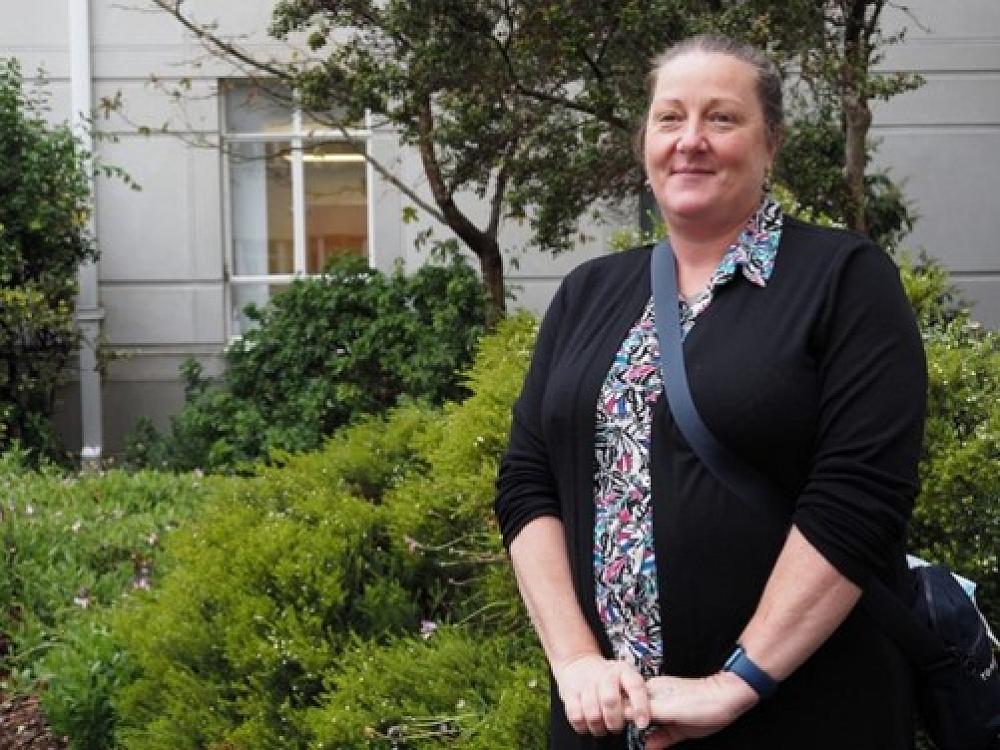
Caring for a person’s wairua [spirit], hinengaro [mind] and whānau [family] is as vital as looking after their physical health, she says.
Part of her role is to listen and support people where they are at, including helping them work through things if they want to.
The former nurse says Te Whare Tapa Whā model of well-being symbolises a house of four walls: physical, spiritual, mental and family health.
A house doesn’t stand well if any of those walls aren’t being supported.”
Heike says while hospitals are really good at looking after patients’ bodies, they’re not always as good at focusing on their spirit, mind and family.
She understands this is improving but says hospitals are extra stretched at present because of the Covid-19 pandemic.
“Everyone is going that extra 100 miles – not just that extra mile.”
Heike is one of 94 Interchurch Council for Hospital Chaplaincy (ICHC) chaplains in New Zealand’s public hospitals. Every year they do more than 100,000 patient, family and staff visits.
Some come into chaplaincy from the social work, teaching or nursing occupations. The majority of hospital chaplains also have a background in church ministry.
The ICHC website says chaplains offer services to all, regardless of their religious denomination, faith orientation, belief system, ethnicity, gender or sexual orientation.
When Heike is asked to describe her job, the gently-spoken priest pauses.
“Being present,” she answers.
“Just being present with people and supporting them through that presence. And letting them lead wherever they want to go.”
She is employed as the Māori Chaplain for 24 hours a week and, if time allows, she also chats with Pasifika people and anyone else.
She works predominantly with patients and their whānau. However, she says the chaplaincy team believes it’s just as important to look after the staff.
At Dunedin Hospital, she’s provided with a list of patients and then she’ll go around the wards, introducing herself.
“Sometimes they want to have a chat, sometimes they don’t.”
Some patients enjoy speaking with non-medical staff and others want to have deep faith or philosophical conversations.
“It’s an absolute privilege to do the job,” Heike says.
“People allow you that space, it’s a gift. You’re working but it’s so much more than that. I feel very blessed to be able to do this mahi.”
Paul’s perspective
Chaplain Paul Johnston works 15 hours a week, mainly at Wakari Hospital and sometimes at Dunedin Hospital.
Wakari Hospital provides inpatient and outpatient care for mental health, addictions and physical rehabilitation, and intellectual disability services.
Paul was a nurse for 40 years and has worked in mental health since 1997. His qualifications and training include counselling.
Because of his past work experience, long-established and deep connections exist.
"I think the main thing is listening to people,” he says.
It’s important for them to feel accepted, respected and heard.
This doesn’t mean a person necessarily agrees with another’s beliefs. For example, one day a client shared extreme beliefs.
Paul kept listening and realised the person was concerned about their whānau. They then asked him to pray for their family.
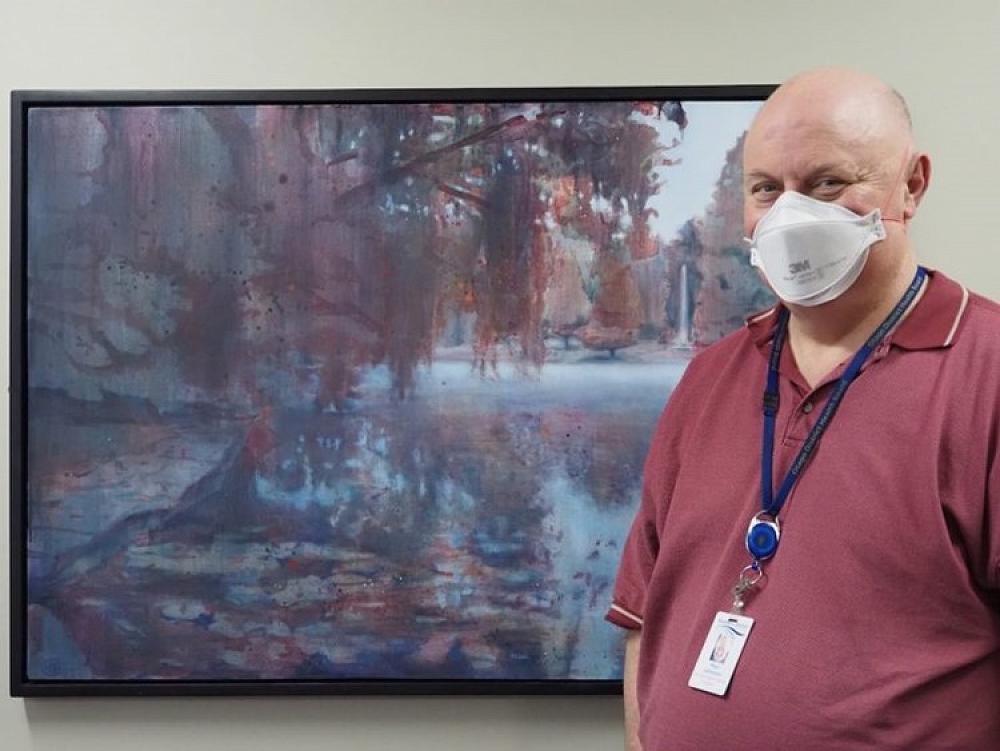
Another example of simply listening was when he spent an hour with an angry patient, who ended up like a deflated balloon, their anger having lessened.
Hospital chaplains only pray for people if they request this, he explains.
Another client asked him to pray, and when Paul looked up the person was crying.
“Not a sobbing sad but happy…prayer changed how they felt.”
Sometimes the job involves simply sitting with someone who is distressed and conveying a sense of dignity. Other times, he might help patients communicate their needs or situations.
He was able to plug one spiritually-seeking client who was struggling with mental health, into a local Christian church group for those with similar challenges.
Purpose, hope and meaning are vital, Paul says.
“They are like anchors that ground us to get on to do things in the world.”
If you liked this article, join up to our Daily Encourager Media Facebook page by clicking here
For further information:
- About hospital chaplains. When in hospital, anyone can request to see a chaplain.
- Ministry of Health – Te Whare Tapa Whā model of well-being.
- Article from: Daily Encourager https://dailyencourager.co.nz/being-there/
Gallery
